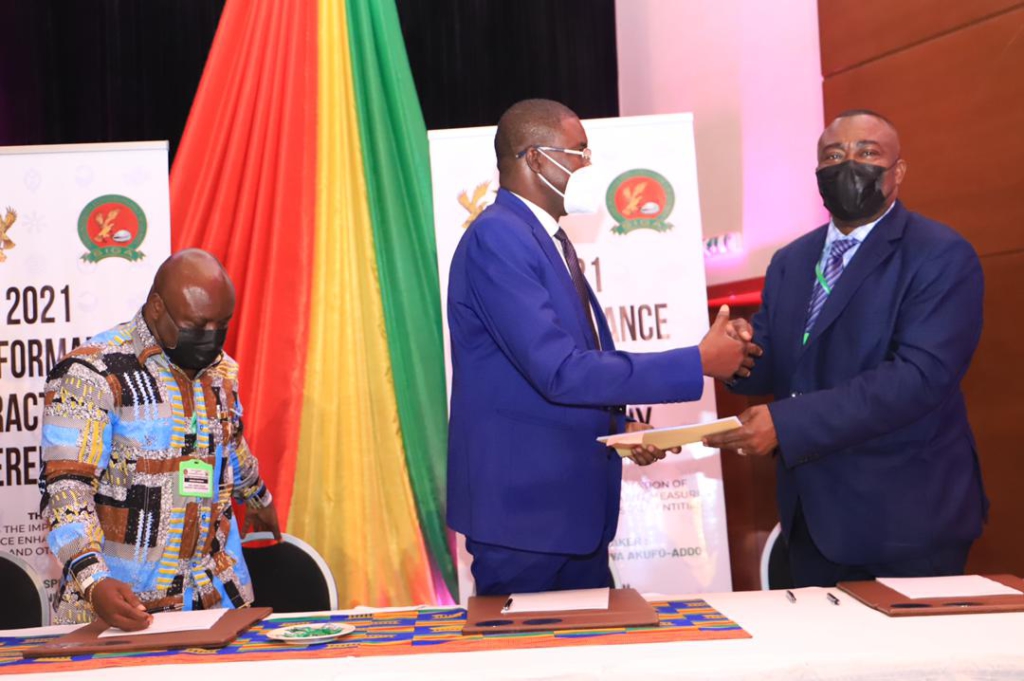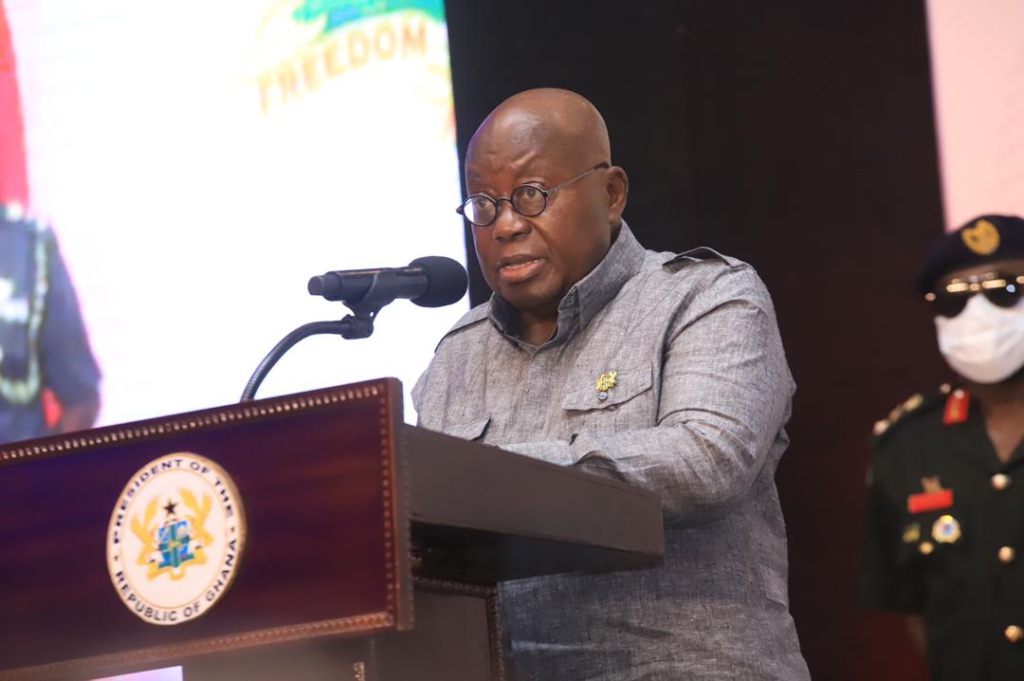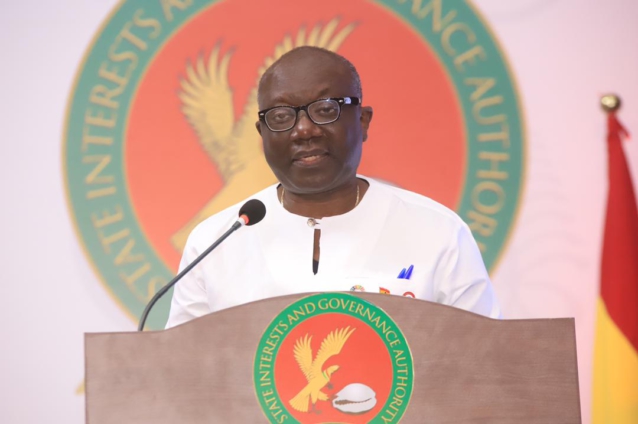Forty-seven State Own Enterprises (SOEs) have been directed to submit their annual financial statements to the Finance Ministry or face the rigorous of the law.
The institutions have since 2016 failed to submit their annual financial statements in flagrant contravention of the Public Financial Management Act.
Indeed, more staggering is the revelation that only 14 out of the 126 SOEs operating in the country responded to the ministry’s directive to submit their annual statements in 2019.
Finance Minister, Ken Ofori Atta, who disclosed this, said the development is unacceptable and does not promote good governance.
Addressing Chief Executives Officers of SOEs at a performance signing contract, the Finance Minister said the revelation highlights the need for a renewed performance contract.
As of the end of 2019, an aggregate net loss of ¢586.4 million was recorded in the SOEs sector, and this compares to a loss position of ¢188 million in 2018.

Indeed between 2015 and 2019, SOEs have consistently posted negative operating margins, averaging around 10%.
This suggests that generally, operating expenses at state enterprises are rising rather than revenues coming in, a situation that does not signal a good picture.
Mr Ofori-Atta stressed that for the country to recover from the impact of the coronavirus pandemic, the state enterprises must pursue aggressive accountability, transparency and responsible custodianship.
The performance contract, an initiative of the State Interest and Governance Authority (SIGA), aims to evaluate and assess the performance of the CEOs.
President Akufo Addo said government has initiated key strategies to make the state enterprises profit-oriented entities.
“When my government assumed office in 2017, we identified key issues threatening the survival of the SOEs sector, and these include legacy debt, low working capital, weak corporate governance structure, the multiplicity of stakeholder directives with overlapping and conflicting objectives, but we have worked hard over the years to develop a way out of this, the President intimated.

In the five key pillars, the President is hopeful the SOEs can turn their fortunes around.
“Streamlining government oversight of the SOEs sector, piloting corporate governance improvement, government on-lending policy, credit risk assessment and rationalizing compensation, as well as salary structure in the sector, are the key issues government is pursuing”, the President stressed.
Executive director of SIGA, Stephen Asamoah Boateng, later told Joy News non-performing officers would be recommended for dismissal.
“The Covid-19 delayed auditing, but I have put pressure on them to submit their financial statements, and I’m hoping they will; otherwise, there will be sanctions. For those that failed to meet the target set, they will either face termination of appointment, bonuses or salary,” he said.
Latest Stories
-
The holiday that refused to die: Republic Day’s strategic resurrection
17 minutes -
My galamsey ventures
21 minutes -
Kumasi to get machinery park – 24H Economy Secretariat
26 minutes -
NSMQ2025: St. James Seminary flexes national pedigree with big zonal win and riddle bonanza sweep
31 minutes -
ECG assures stable power supply at KATH to improve healthcare delivery
33 minutes -
NPP desperate to avoid defeat in Ablekuma North re-run – Omane Boamah
34 minutes -
FirstBank Ghana launches 2025 internship to develop the next generation of leaders
36 minutes -
Up from UPSA – whose nudity is naked?
43 minutes -
Martyrs Day: Legal practitioners urged to uphold justice without fear or favor
49 minutes -
Agradaa was jailed ‘not because of what she did, but who she is’ – Lawyer
58 minutes -
Feed Africa first, we shall reach for the moon later – Obasanjo
1 hour -
BoG’s gold reserves increased by 8.05% since January 1, 2025, to 32.99 tonnes in June
2 hours -
Small-scale miners urged to operate responsibly to attract government’s support
3 hours -
Tourism Minister urges private sector to embed culture, excellence in hospitality
3 hours -
Africa is the richest continent – Youth Ambassador
3 hours

